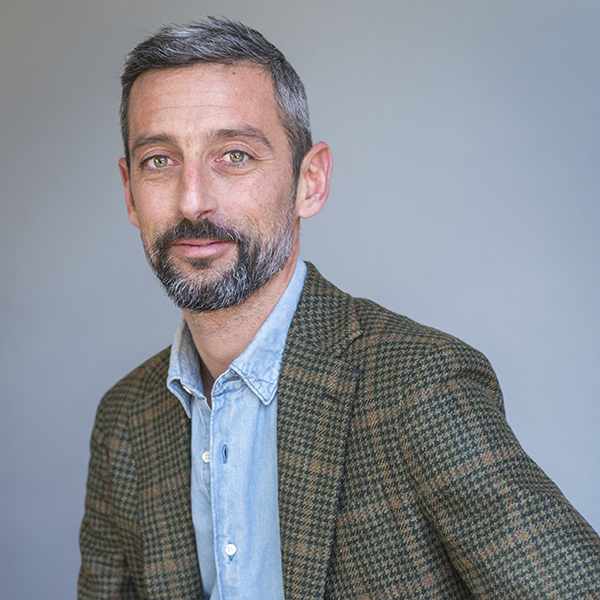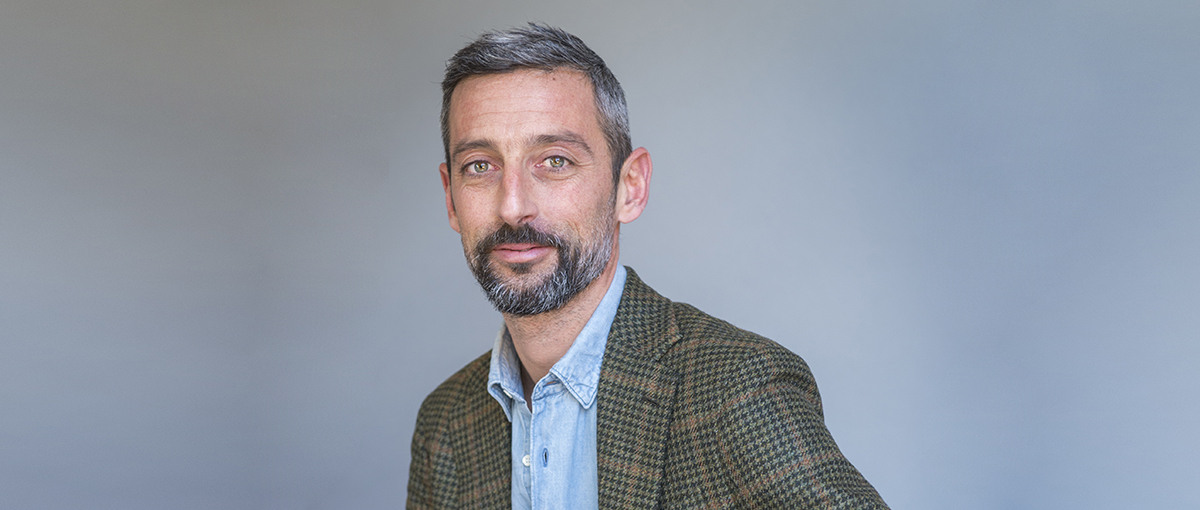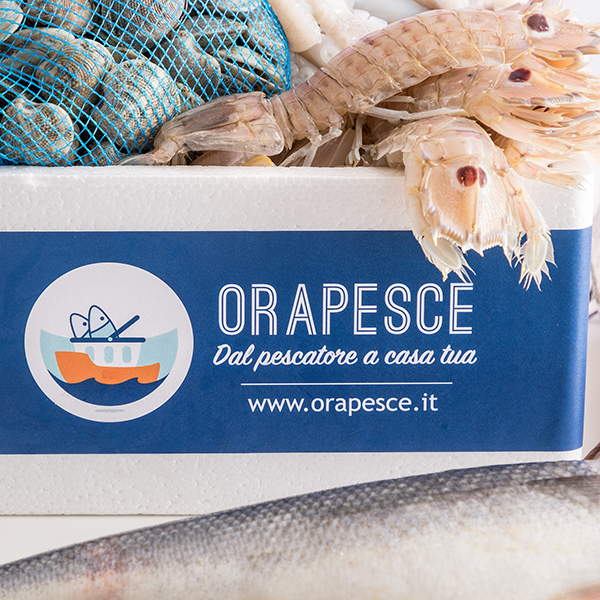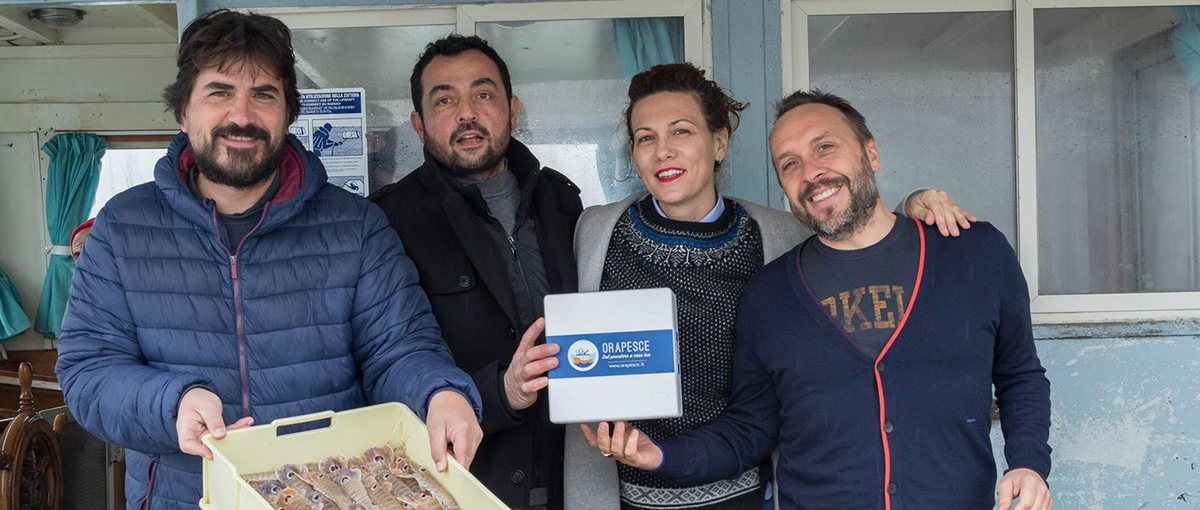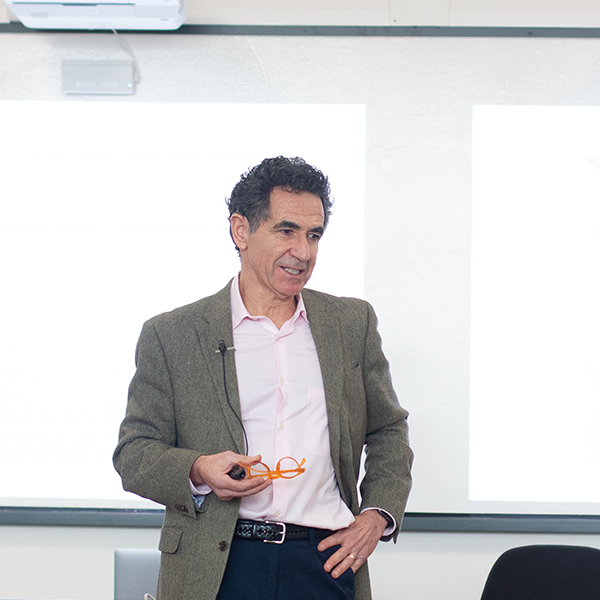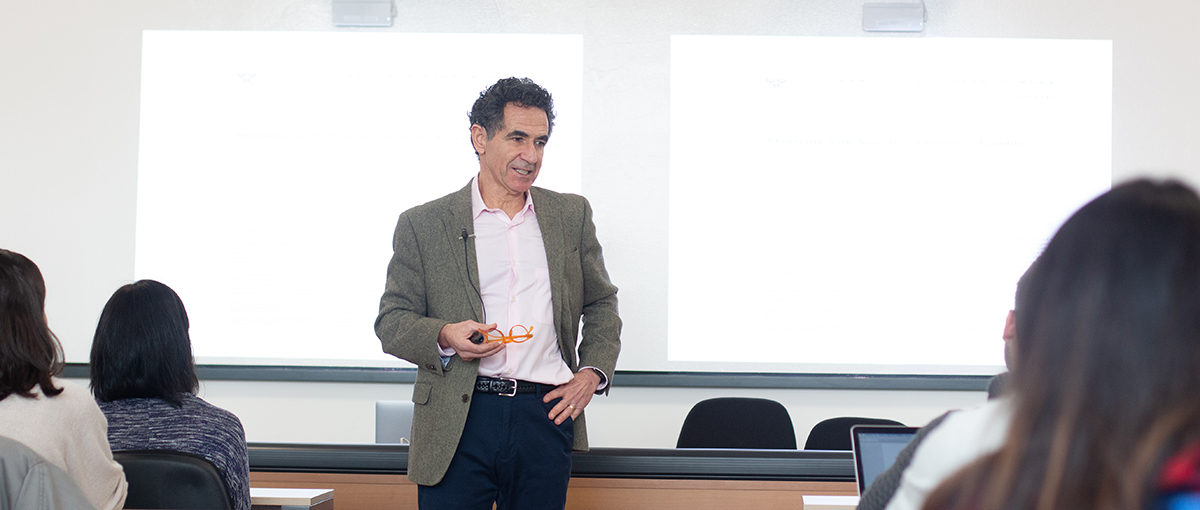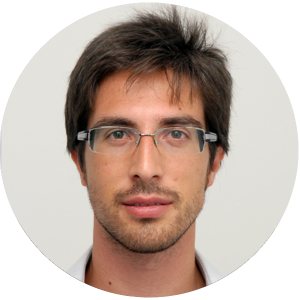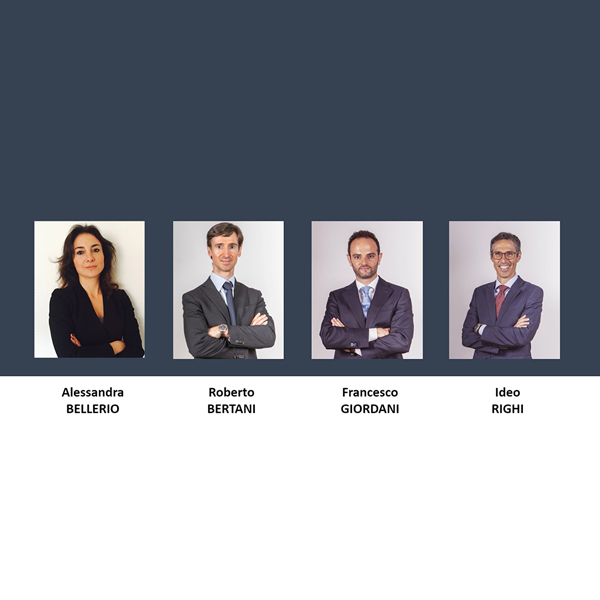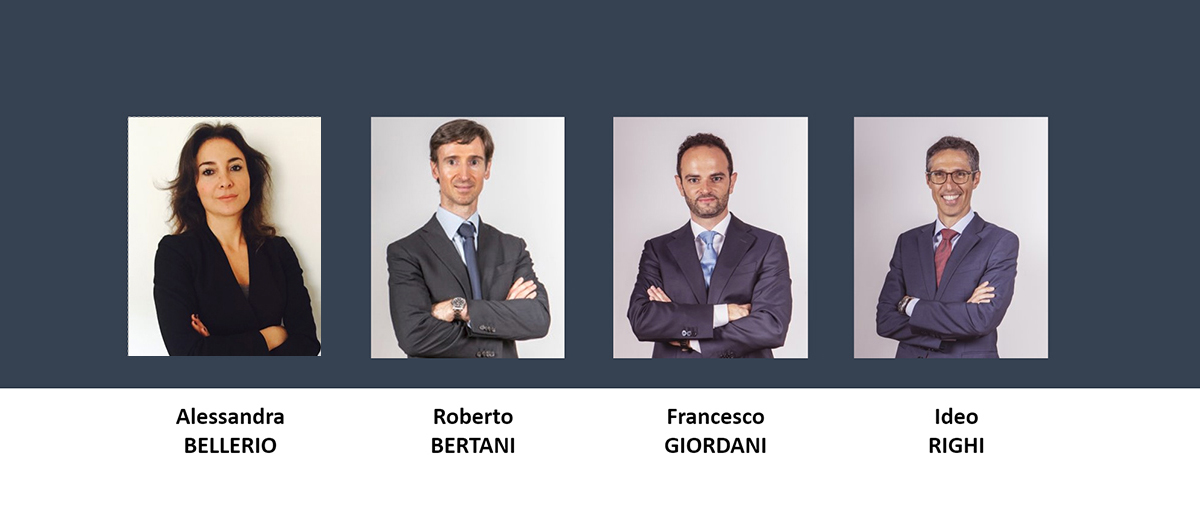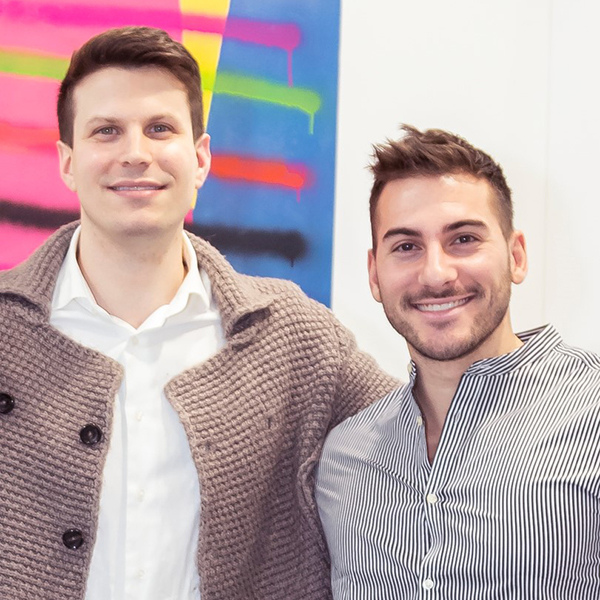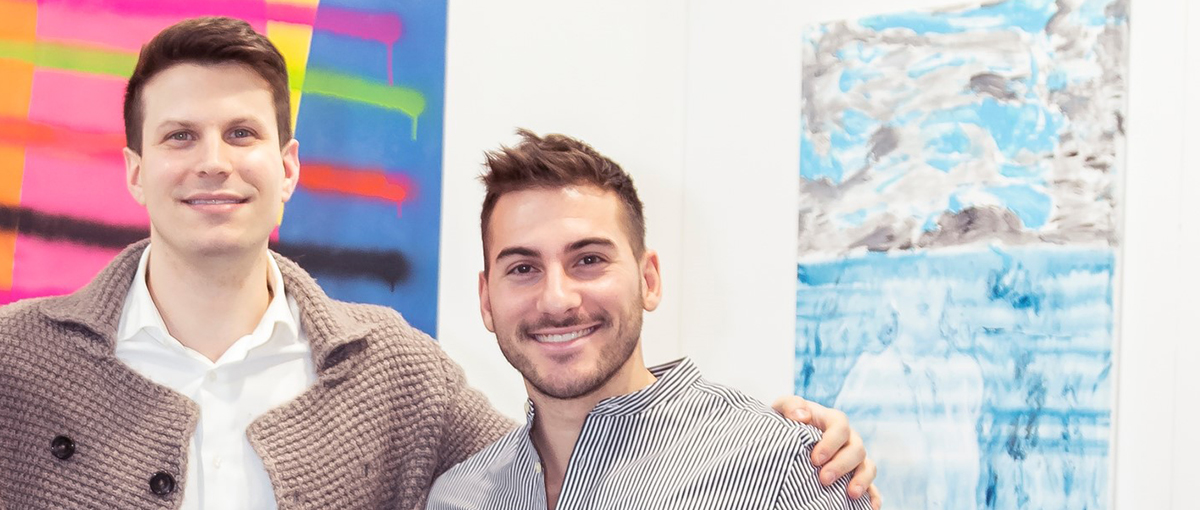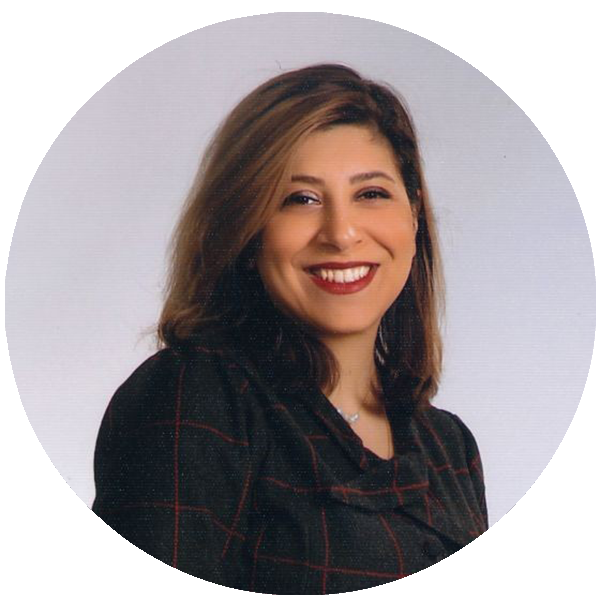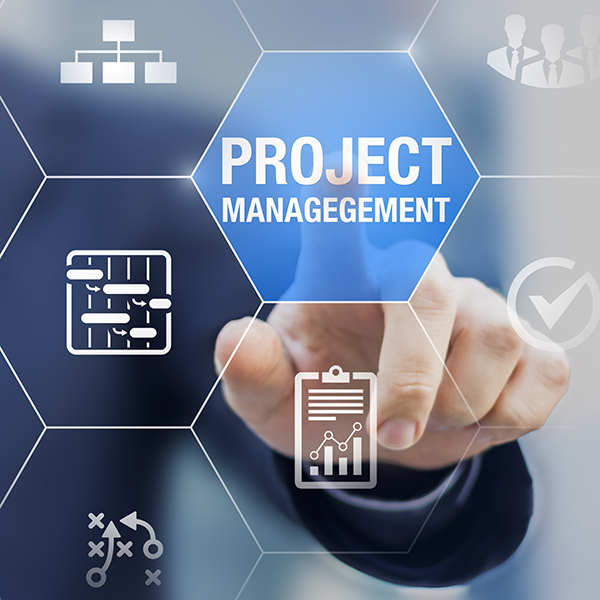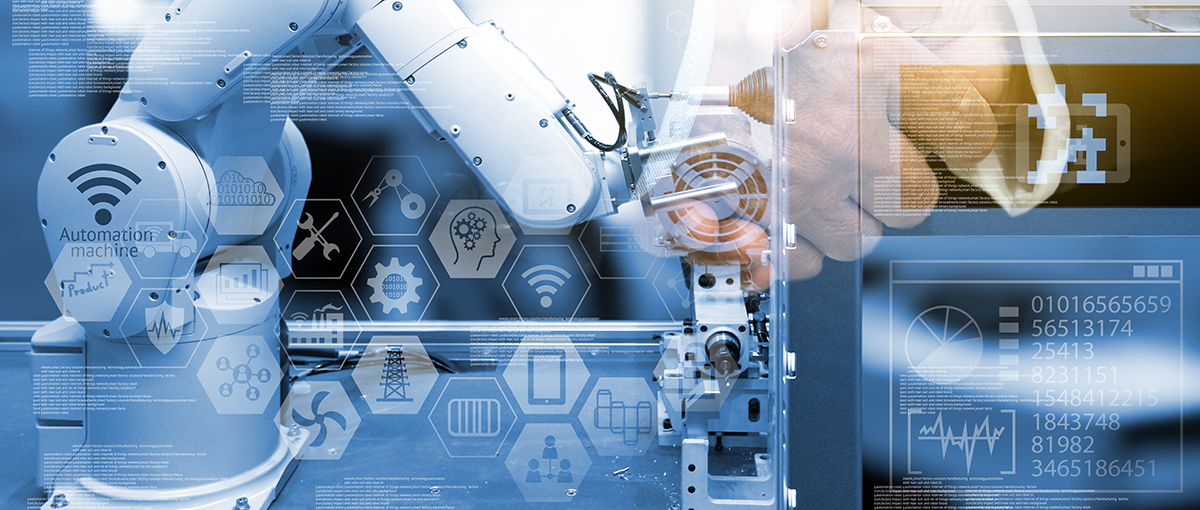Achille Balestrini, new Ceo and Global brand manager of Nava Design Milano and MH Way, talks about his professional and educational background, marked by his time at Politecnico. And he explains the importance, even for those who already have experience in the field, to better structure concepts learned with a master’s degree.
From architecture to management, via an entrepreneurial initiative. This is the professional trajectory of Achille Balestrini, alumnus of the part-time international MBA programme at MIP Politecnico di Milano and recently nominated as the new Ceo of Nava Design Milano and MH Way, two companies that are part of the Smemorando Group.
His path was marked by three extremely important elements for those who have decided to make their way in the world of business: passion, competence and resourcefulness. But also from his experience at the Milanese university: «If I chose MIP’s MBA, it’s also because I also got my architecture degree from the Politecnico», says Balestrini. But between graduating and the master’s he pursued a path made up of intuition and personal bets.
Architect, entrepreneur, manager
After his degree and the start of his career in architecture, Balestrini decided to indulge his passion for casual sportswear. «I couldn’t stop thinking about an idea that at the time seemed decidedly innovative, that of a brand that was customizable». It was a winning intuition, because Balestrini devoted his energy to that project for about seven years. «A period of time in which we opened a single-brand store in Milan, different temporary stores and an online shop. All thanks to enthusiasm and a spirit of sacrifice». Yet, these achievements weren’t what Balestrini aspired to, they’re not enough. «I decided to interrupt that entrepreneurial experience. In the meantime, I received an offer from Marco Boglione, founder and chairman of BasicNet, a group that owns brands like Kappa, Superga, K-Way». That’s the moment Balestrini abandoned the entrepreneurial path to become a real manager. «I fell deeply in love with this project I had to follow. This phase lasted from 2011 to 2019. Then, in 2020, I was nominated CEO and Global Brand Manager of Nava Design Milano and MH Way».
An MBA to reinforce skills
In the middle, however, there’s another important passage, that of the MBA. «I was motivated by a personal, more than a professional, need to learn. I had acquired a wealth of empirical knowledge, experimented and learned in the field, but with no study behind it», explains Balestrini. «The master’s helped me, first of all, to put my skills in order, structuring them in a more coherent, organic and strategic way. It was encouraging and motivating to see that many ideas that were formed during my experience were confirmed in lessons». As far as lessons are concerned, the MBA allowed Balestrini to test notions learned in the classroom through project work and group work. «It’s a modality that I have found to be very effective. On one hand, it’s perfect for those who are already at ease working in a group, as in my case. On the other hand, those who have a less pronounced inclination to discuss with others are also encouraged to take part. They are truly formative and stimulating moments».
Nava Design and MH Way: the objective is to relaunch
Strengthened by this experience, and with expertise reinforced and structured by the master’s, Balestrini is now handling the relaunch of Nava Design Milano and MH Way, as CEO and Global Brand Manager. «The curious thing is that they are both brands tied to the world of design and architecture, from which everything started for me. Important designers like Max Huber and Bob Noorda have worked for Nava while MH Way was created by the Japanese designer Makio Hasuike. Both of these companies, acquired by the group Smemoranda, are now looking to relaunch and reposition», explains Balestrini. «To give new life to both brands, I will have to put in practice what I’ve learned up until now. The most important and stimulating challenges involve the corporate management and commercial expansion of the brands on the national territory and, especially, on international markets».
